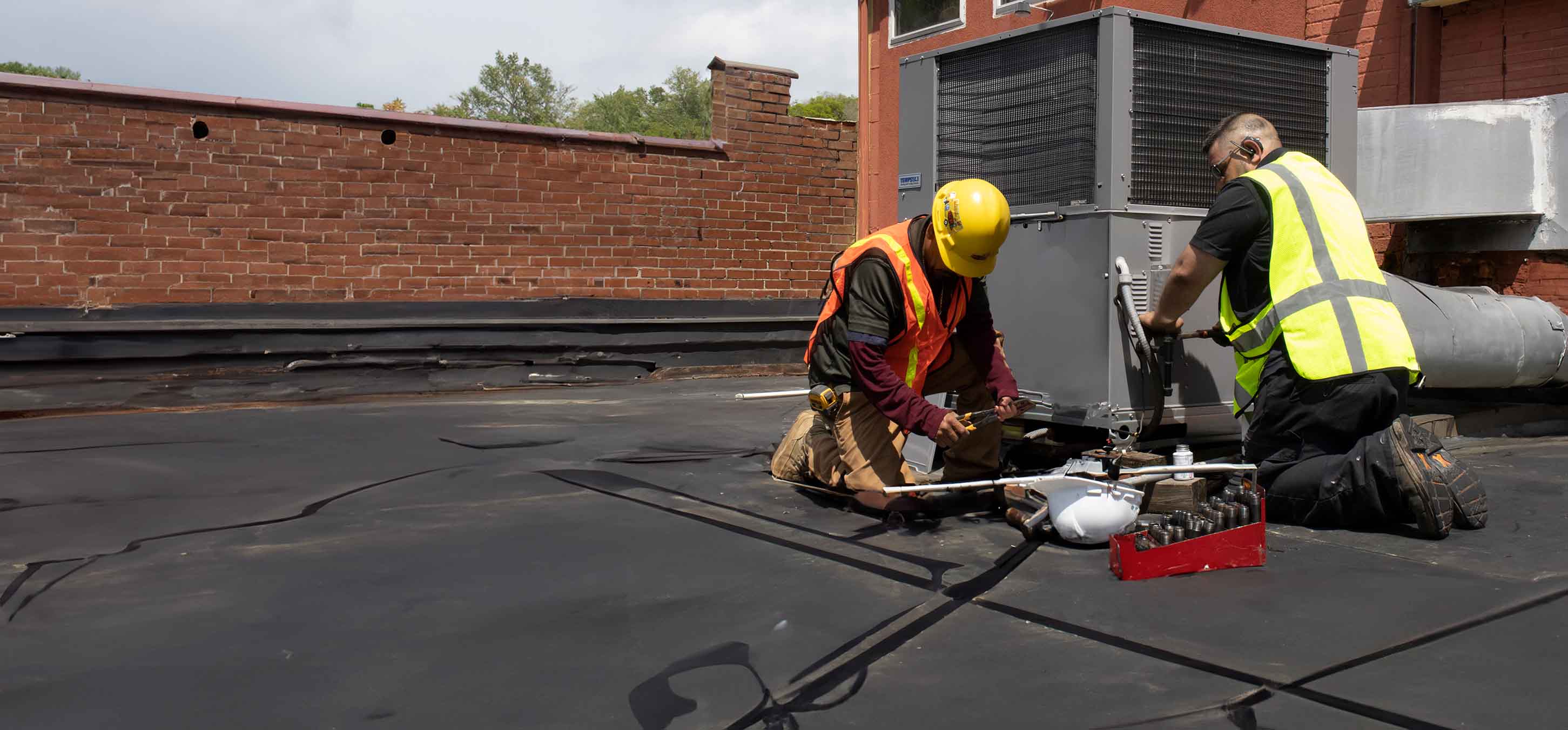

Well-functioning System
Your trusted partner for professional home services. Quality workmanship, guaranteed satisfaction.




- HEP
- Well-functioning System
Well-functioning System | HVAC Unit Replacement | Heating and Air Conditioning | Greeneville
Imagine stepping into your Greeneville home on a sweltering July afternoon and being greeted by a refreshing, even rush of cool air—or waking up on a frosty January morning to perfectly warmed rooms. That’s the everyday comfort HEP’s well-functioning system heating and air conditioning experts deliver. Our certified technicians evaluate your current equipment, explain energy-saving options, and handle every detail of your HVAC unit replacement so you can relax while we restore ideal indoor conditions.
A modern HVAC unit replacement isn’t just about better temperatures; it’s about lower utility bills, cleaner air, and peace of mind backed by strong warranties. With upfront pricing, convenient financing, and round-the-clock emergency support, HEP makes upgrading easy for homeowners across Greeneville and the surrounding foothills. Call or click today, and discover how effortless total home comfort can be.
FAQs
How do I know when it’s time to replace my HVAC system instead of repairing it?
Most systems in Greeneville last 12–15 years. If yours is near that age, needs frequent repairs, uses R-22 refrigerant, or suffers major component failures (compressor, heat exchanger), replacement is often more economical than another repair. A good rule of thumb is: if a repair costs more than 40% of the price of a new unit and the system is over 10 years old, replacement delivers better long-term value and reliability.
What is the average cost to replace an HVAC unit in Greeneville, and what factors influence the price?
Complete heating and cooling replacements in Greeneville typically range from $6,500 to $11,500, including equipment and labor. Costs vary with system size (measured in tons or BTUs), efficiency rating (SEER2, AFUE, HSPF), brand, ductwork modifications, and any indoor air-quality upgrades such as whole-home filtration or humidification. Local labor rates, removal of old equipment, and required code upgrades (electrical, condensate drainage) also affect the final price.
How long does a typical HVAC replacement take from removal to startup?
For most homes the job is finished in one full working day—about 6–10 hours. The crew first recovers refrigerant and removes the old condenser, air handler/furnace, and line set. They set the new equipment, run refrigerant lines, reconnect electrical and gas, pressure-test, evacuate, and charge the system. A start-up and airflow balance complete the project. If significant duct changes or attic access challenges exist, plan on a second day.
Do I need permits or inspections in Greeneville for an HVAC replacement?
Yes. Greeneville and Greene County both require a mechanical permit for any equipment replacement that alters electrical, gas, or refrigerant lines. After the install, the municipal or county inspector verifies proper sizing, clearance, electrical disconnects, gas shut-off placement, and refrigerant line insulation. Reputable contractors pull these permits on your behalf and schedule the inspection—failure to obtain them can result in fines and may void homeowners-insurance claims.
Can I finance my new heating and air conditioning system, and are there local rebates or tax incentives?
Most Greeneville HVAC contractors partner with lenders that offer 0% promotional financing for 12–18 months or low-interest plans up to 120 months, subject to credit approval. High-efficiency heat pumps (SEER2 ≥ 16, HSPF2 ≥ 8.1) may qualify for TVA’s EnergyRight rebates, and federal tax credits under the Inflation Reduction Act provide up to $2,000 for qualifying heat pumps or $600 for efficient furnaces/air conditioners. Your installer can help you complete the rebate paperwork.
How can a modern high-efficiency unit lower my energy bills and improve comfort?
New systems use variable-speed compressors and ECM blower motors that modulate output to match Greeneville’s hot, humid summers and chilly winters. This technology runs longer at lower speeds, reducing temperature swings, improving humidity control, and cutting energy use by 25–40% compared to 10–15-year-old single-stage equipment. Added benefits include quieter operation, better air filtration from continuous air movement, and compatibility with smart thermostats that optimize run times around TVA time-of-use rates.